English
Subject Leader - Miss Lister
Phonics Leader- Mrs Shackleton
Click here to view the English National Curriculum Programme of Study
Click here to read the National Curriculum Reading Framework July 2023
View our St Joseph's Progression in skills document
View our whole school long term plan for 2024 2025
View our our St Joseph's Writing progression document
View our St Joseph's Reading progression document
At St. Joseph's Catholic Primary School, we believe English is a fundamental part of every child's education and we are committed to ensuring that reading and writing skills are promoted throughout the curriculum.
English Intent
At St Joseph’s, we value reading as a key life skill and place great importance on enabling our children to become life-long readers. We want all of our children to develop a love of books and reading as we believe it is not only one of the finest pleasures in life, but also essential to academic success. By the time the children leave school, we want all of them to be competent readers, have a thirst for reading different genres and enjoy actively taking part in discussions about books.
We want our children to be enthusiastic about writing, drawing upon their reading experience. We aim for them to develop as imaginative, creative and independent writers, who can write competently and fluently. Our vision for the writing curriculum is one that encompasses a wide variety of genres, whilst ensuring a strong sense of audience and purpose. It is important to us that our children understand the value in planning carefully, drafting, editing and publishing their written work. We also want our children to be able spellers, who understand the importance of grammar and punctuation in writing coherently.
English Implementation
At St Joseph’s, the reading curriculum is planned around the topics on the whole school long term plan. We ensure that children experience quality texts throughout the year, which have been specifically chosen to develop skills and knowledge across the wider curriculum.
Reading opportunities are made in English lessons and across other areas of the curriculum and in every classroom, a reading area has been developed to enhance personal reading opportunities and book selections. Children are given further opportunities to read through guided reading, individual reading, story time and through the whole school reading scheme which promotes reading at home.
Writing is taught every day through a distinct writing process journey encompassing the skills of planning, writing and editing. During lessons, children are exposed to the punctuation, grammar and spelling rules appropriate to their year group which will support their writing journey. Opportunities are provided for the children to be able to write in other curriculum areas, to further develop the children's English skills and knowledge.
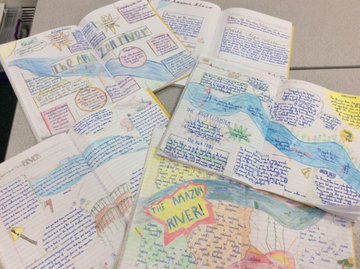
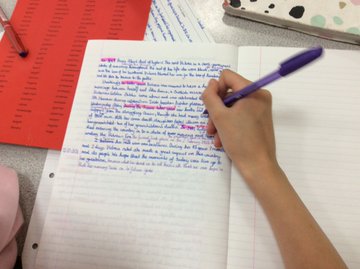
Impact
For pupils to become fluent readers and be able to decode confidently
For children to have a deep love of books and to be familiar with, to be able to talk about and enjoy responding to a wide range of stories, poems and non fiction
For children to be able to comprehend what they have read and be able to answer use retrieval and inference skills effectively.
For children to be interested in writing and be able to express themselves freely and legibly on paper
For pupils to be able to write in a range of styles for various purposes using a range of punctuation and grammar skills
For pupils to be able to produce written work that they are proud of
Early Readers / Phonics
Early Readers describes those children who are at the earliest stage of their journey in learning to read.
At St Joseph's we have chosen to support children in their phonics learning through the use of Supersonic Phonic Friends, Phonics is taught daily in EYFS and Y1 and catch up sessions are implemented for children who require extra support.
Through the teaching of early reading and phonics, we will ensure children develop confidence and fluency. They will be highly motivated to ‘Read with Speed’ and ‘Write with all their might!’
As part of their early reading journey, children in EYFS and y1 take home a phonics based book which reflects the sounds they recognise and can apply to blending within words.
To find out more about this scheme please view the Super Sonic Friends website.
Phonics workshops are offered to parents in early years and KS1 to help develop the partnership between home and school. Parents also receive weekly phonic newsletters containing new sounds and words.
Phonics progress is tracked carefully by the phonics leader. All children are assessed regularly and Year One pupils are assessed in phonics in the Summer Term. Children are offered catch up sessions if required. in EYFS and y1 and also in y2 and beyond.
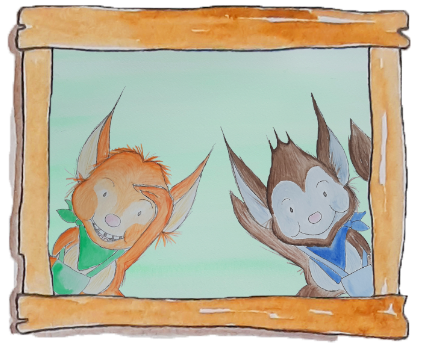
The Oxford Tree Reading Scheme
St. Joseph's Catholic Primary School uses the Oxford Reading Tree home reading scheme.
We have a wide range of fiction and non fiction books available for the children to read. These are closely matched to the child's reading age, ability and understanding. Reading books are sent home regularly and reading records are monitored to ensure each child is reading at home and parents are actively involved with the reading process.
We ask that parents and family members help to help foster a love of books and reading at home and families are encouraged to take part in local library challenges..
Click here to be directed to Bingley Library Services.
Websites to use at home
Our Annual World Book day event is always enjoyed by all. We promote reading for pleasure throughout school often having book sales too!
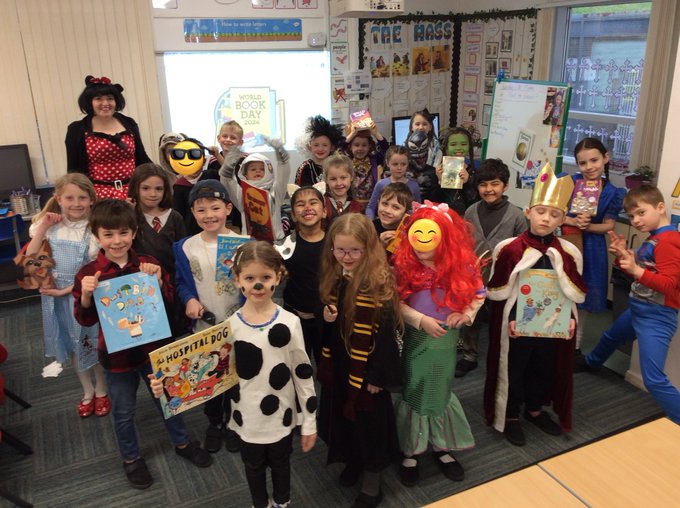
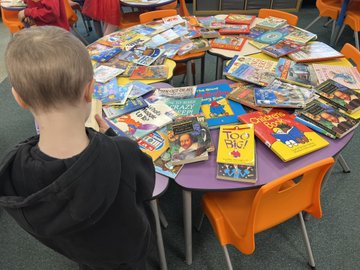
Our Libraries
We are very lucky to have a well stocked library in school. There are many books for the children to use to support their learning or to read for pleasure.
Each classroom has their own class library which children also enjoy using.
Recommended Reads
Please view the lists below to see a range of suggested books for each year group
Developing Reading fluency and Comprehension skills and Reading for Pleasure
The development of fluency and comprehension skills is essential for pupils to make progress. Through reading in particular, pupils have a chance to develop culturally, emotionally, intellectually, socially and spiritually. Literature, especially, plays a key role in such development. Reading also enables pupils both to acquire knowledge and to build on what they already know.
At St Joseph's we ensure the children are fluent in their reading so then they can be taught specific reading skills through a whole class approach and approach comprehension questions with ease.
During 1:1 reading catch up sessions and small group reading sessions, fluency skills and the specific reading elements of the National Curriculum are developed to ensure pupils are well prepared for the end of Key Stage National Assessments.
Through reading and discussing a range of age related stories, poems and non-fiction texts, pupils are given the opportunities improve the skills that will enhance their learning across the curriculum. Children at St Joseph's enjoy reading and we encourage the children to read daily at home and ask parents to comment in their child's reading record.
Children are encouraged to read a wide range of books and in KS2, are given a home reading challenge to complete throughout the year.
Click here to view the KS2 Home reading Challenge
We are always excited when parents and family members join us during our DEAR (Drop everything and read time) as a SECRET READER! It is very exciting!
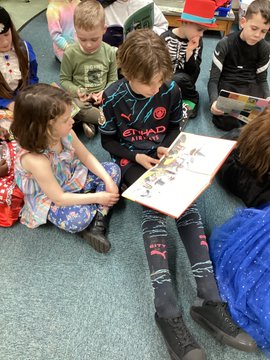
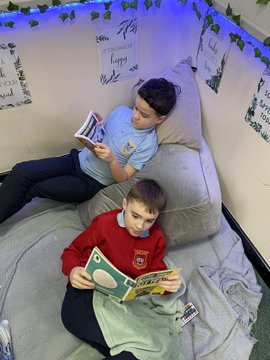
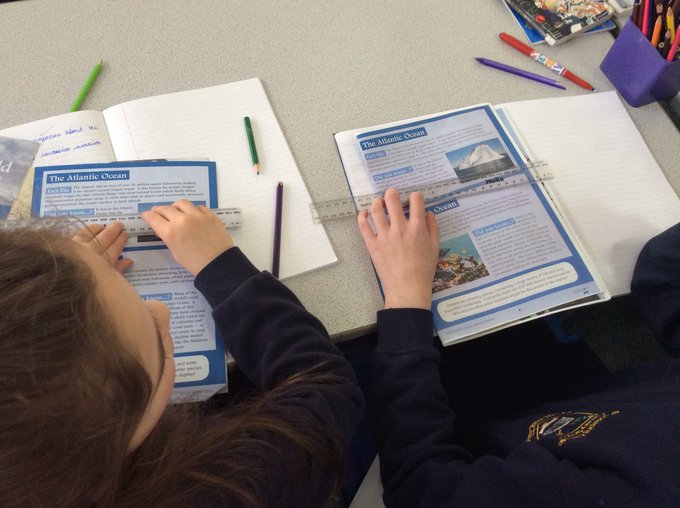
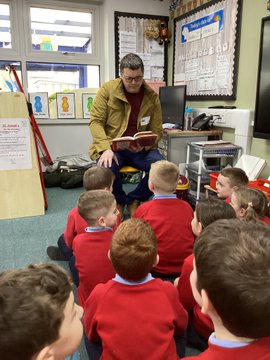
Reading Gems
Reading Gems support pupils who are ready to comprehend the words on the page.
Different and specific key skills are taught explicitly to the children through discussions about texts, teacher modelling and opportunities to answer questions independently. Each new reading skill is allocated a colour-coded ‘gem’. By having a focus on a certain reading gem, children are able to learn strategies to help them develop that particular comprehension skill.
Writing and Handwriting
Pupils at St Joseph's are taught how to become successful writers. Pupils develop the skills in handwriting, spelling and composition so ideas can be formed, articulated and communicated effectively. The Whole School Long Term Plan sets out the genres each year group will be taught. Integrated within the teaching of writing are the required spelling, grammar and punctuation skills set out in the programme of Study. Pupils' are encouraged to edit and peer and self assess their own writing; looking ways to improve their work.
We use the Super Sonic Friends handwriting scheme in Early years and KS1 and supplement this in KS2 with the penpals scheme of handwriting to support the development of a legible style.
Handwriting and Presentation Policy
Drawing Club
Drawing Club in EYFS supports the children to become independent and successful learners immersing them into a world of story and imagination.
![]()
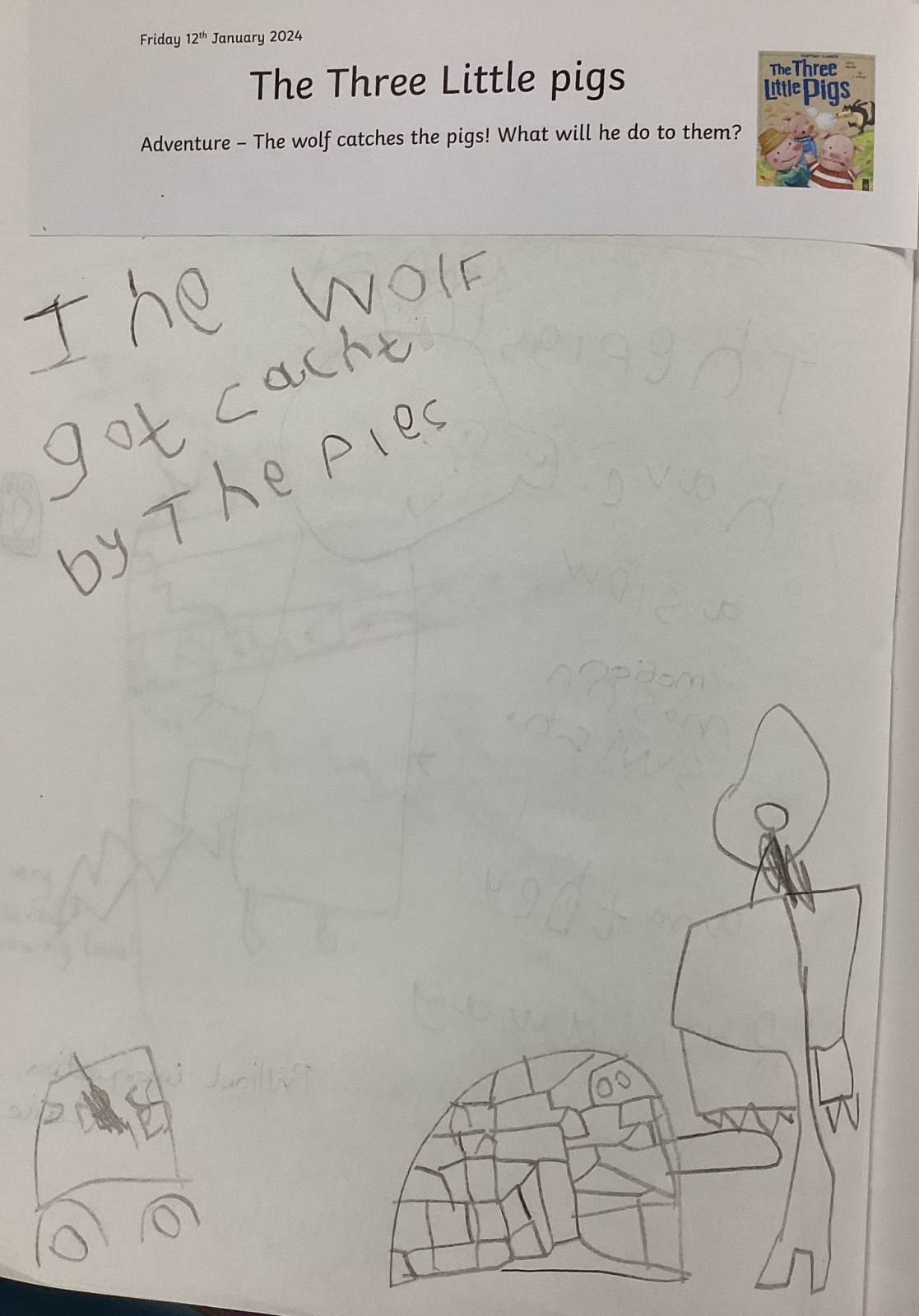
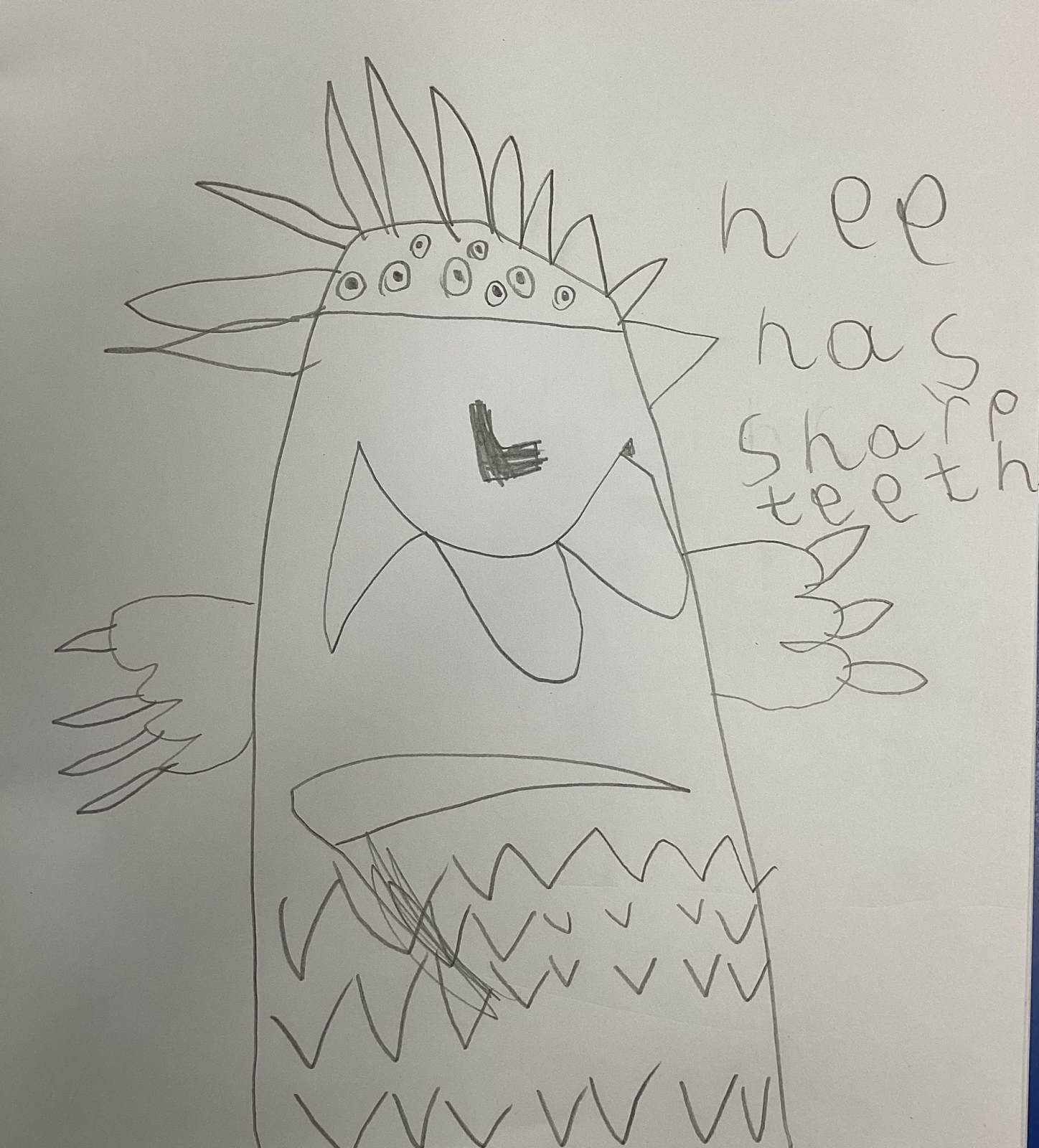
Spelling
Spelling is a vital part of the English Curriculum, Children are taught spelling rules and patterns in their year groups and are supported to become confident spellers.Spelling tests are sent home weekly in KS2 so parents can support their child learning some of the key objectives required in the National Curriculum.
Click here to see the National Curriculum Information on Spelling.
Learning how to spell improves skills such as written communication, creativity, confidence, self esteem and reading comprehension.
We encourage the children to use their spelling cards to support their spelling application in their writing across the curriculum.
View our Year 2 / KS2 Spelling Overview
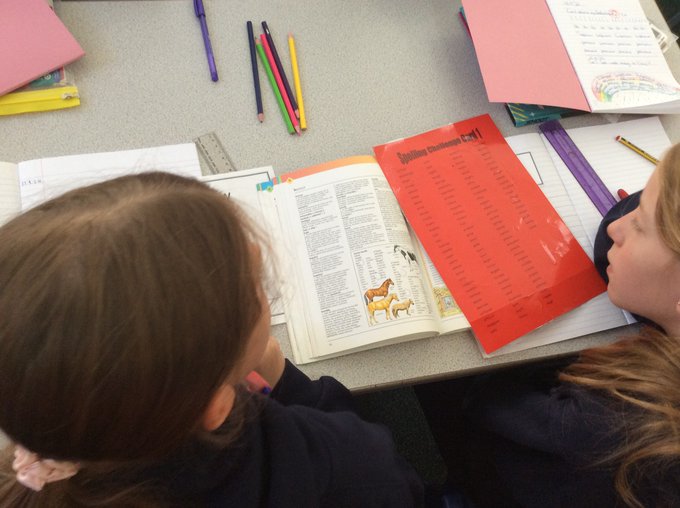
Inclusion and Diversity
We like to promote inclusion and diversity in our school by sharing texts with the children to broaden their experiences and knowledge of a range of issues.
There are a wide range of books available in our school library for the children to read on a wide range of topics.
Our fabulous parents and local community have donated some of these books so we can share them in school. Thank you to each one of you who has supported our school in this way.
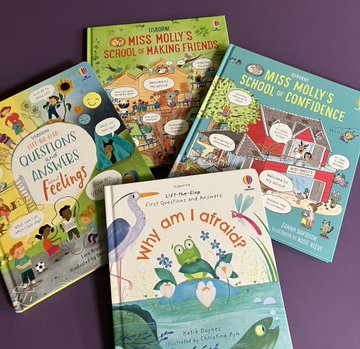
Greater Depth

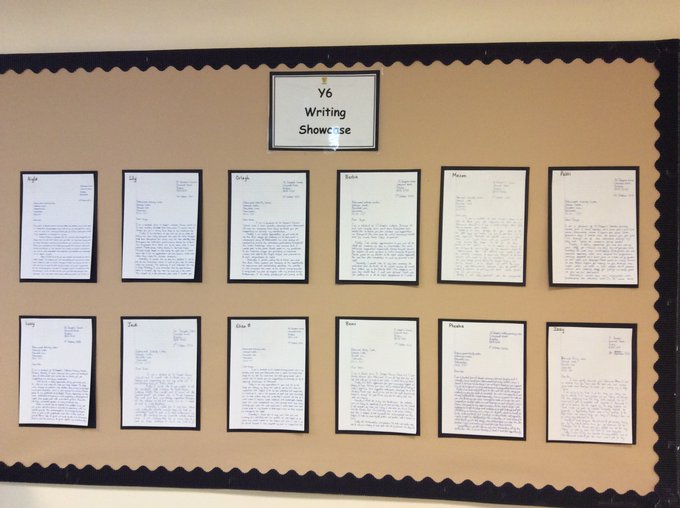
Information for Parents
For an overview of how we teach reading in school, click here
Top tips for reading at home watch here





